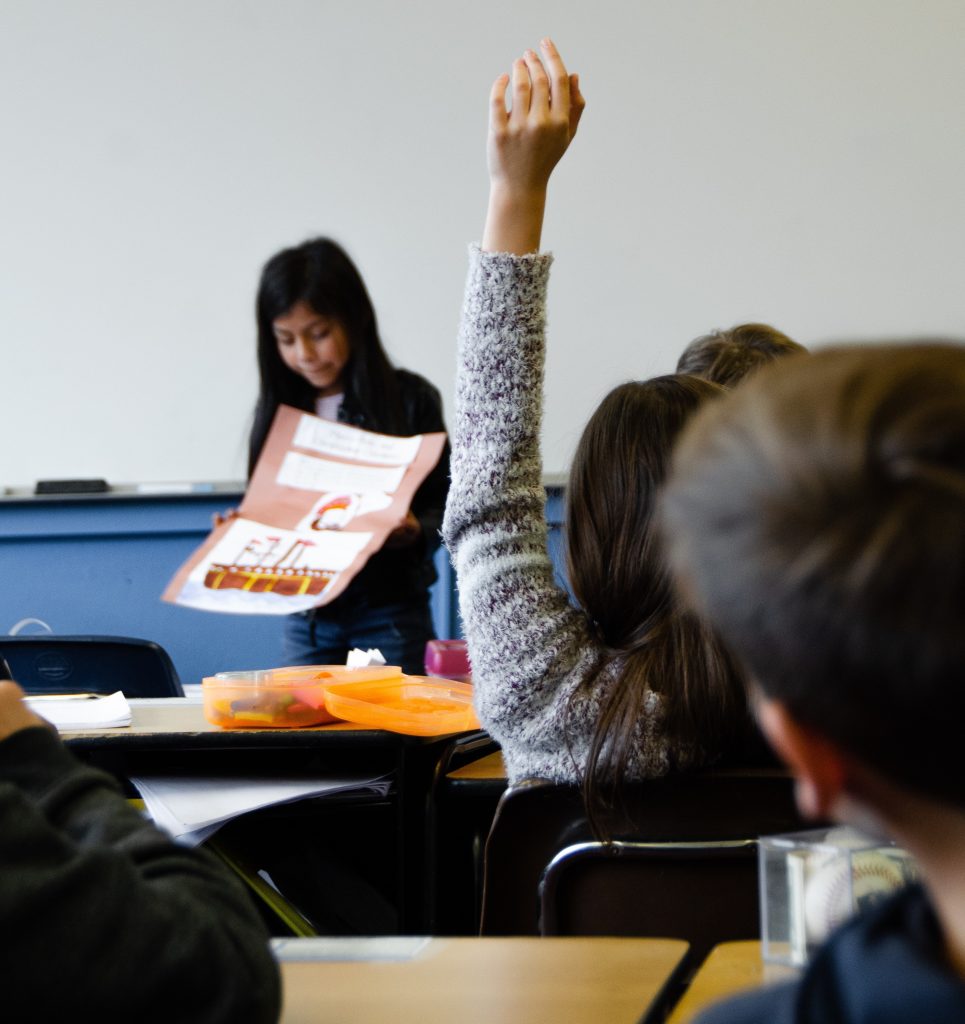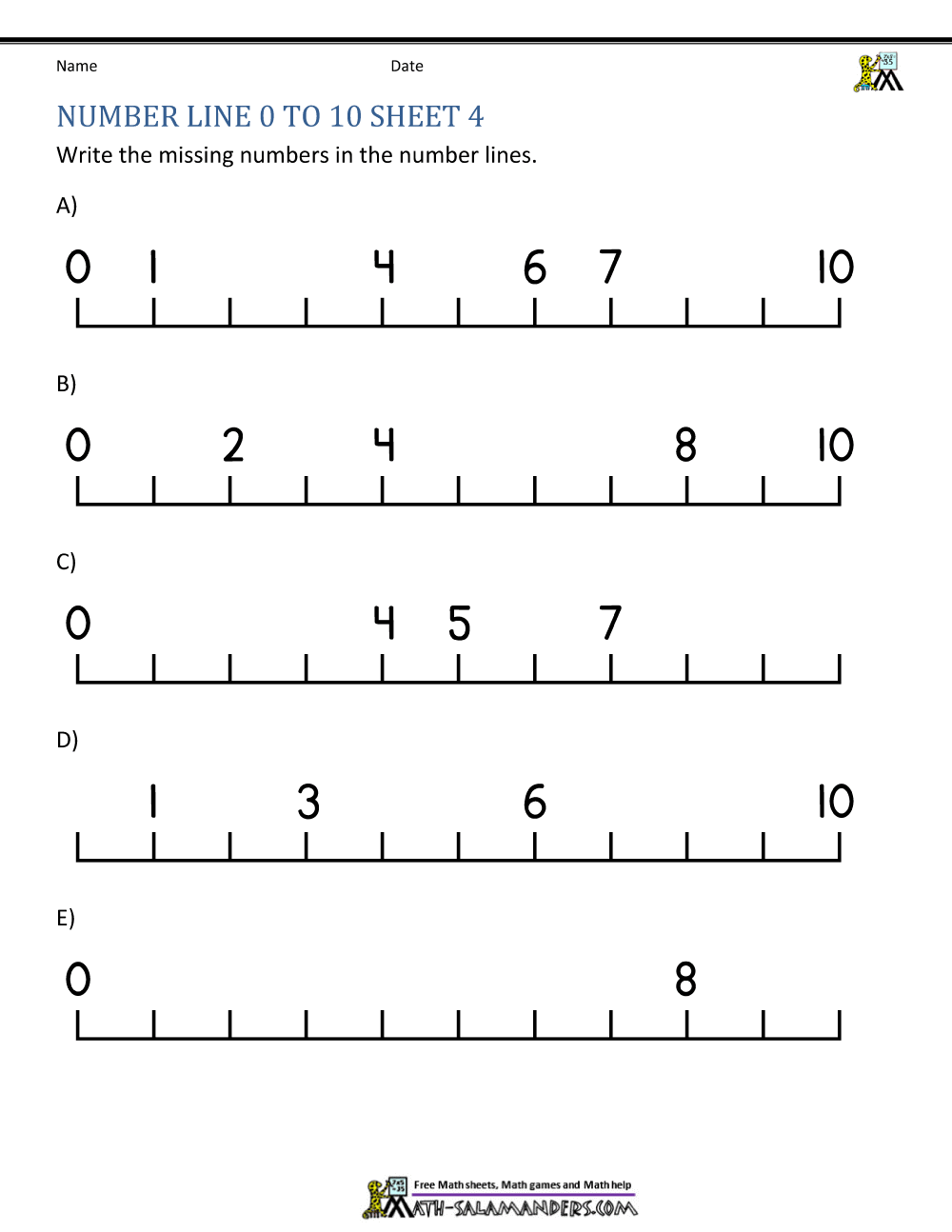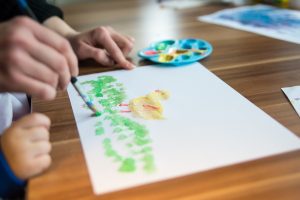
Science is one subject that depicts our everyday lives and processes in today’s world. The subject itself is widespread in our environment and society. Therefore acquiring knowledge and education about the science curriculum is imperative.
Primary 6 is a crucial time for a child’s future as they must appear in their first-ever national examination, known as PSLE. Preparing oneself or your child to appear in the annual PSLE can be appalling for students and parents, as it requires many hours of mugging, stress, pre-exam anxiety, and much more.
Amongst three core subjects, mother language, science, and math, the PSLE science paper is known to have high regard as one of the complex papers of Singapore’s annual national examination. As per the latest curriculum, “Parrot-fashion” memorization is not the way to achieve high grades. Various innovative questions have been worked upon for PSLE science question papers. Now, the exam requires a demonstration of analytical skills and critical high-order processing from its candidates.
If a student finds it challenging to cope with the subject, joining PSLE science tuition would be optimal. This article will discuss what you need to know as a parent for your child’s PSLE tuition.
Tuition Centres
If you’re a working parent and do not have enough time to help and oversee your child’s PSLE preparation, tuition centres are the ideal option to help your child prepare for examinations. Get your child enrolled in a reputable enrichment centre where they can attend after school. Most tuitions centres offer early preparation programs for students in Primary 4 and 5 to start building their basics. As the teachers are familiar with the PSLE and MOE syllabus, they can better prepare your child for PSLE using special tips and techniques.
Private Tutor
Home tutoring is a good option for parents who are not uncomfortable sending their kids to institutes at an early age or want to see their child progressing in front of their eyes. Although home tutoring might be slightly more expensive, several tutors offer home tuition at a lower cost. This benefits those children with special needs in learning and focusing.
Parent Tutoring
Parents know exactly what their child’s weaknesses and strengths are and know how to tackle them. Some parents are good at science and choose to teach their children themselves. Some parents might not have the budget to send their children to tuition and decide to tutor them themselves. Rest assured, many online platforms can help prepare your child for their science PSLE through the comfort of your home. Recorded lectures can also play a substantial role.
Following are some of the skills you need to teach your child if they are attempting the science PSLE:
• Clearing out all doubts and having a solid understanding of the concepts and topics tested
• Management of time while doing the paper
• Avoid making silly mistakes (Check your work!)
• Self-confidence and making sure your answers are correct by verification
Secure your child’s future by giving them an easy time during their PSLE by signing them with PSLE Science tuition.













